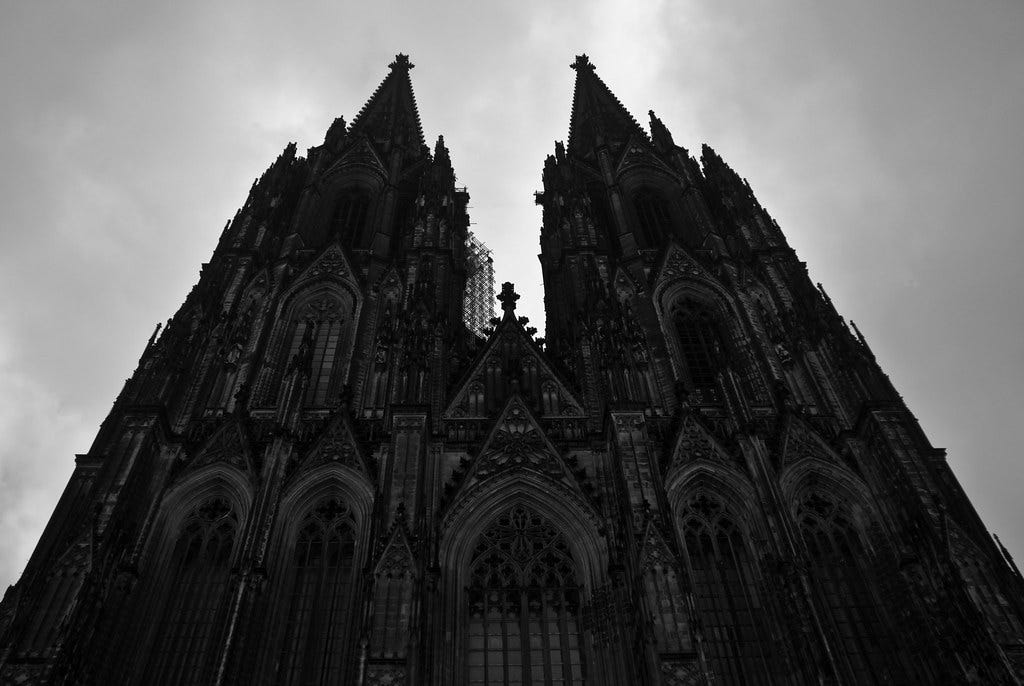Waste can mean two very different things, depending on whether one takes scarcity or excess to be the fundamental reality of the material/energetic world. Usually, waste is condemned because it is the waste of scarce energy or resources. But what about the waste of excess energy or resources? If it were true that excess, and not scarcity, is the fundamental condition of the material/energetic world, then wouldn't it be wasteful to treat this excess as if it were scarce?
Indeed, perhaps paradoxically, surplus or excess can itself be wasted. Think about surplus time or free time. Usually, when we talk about a waste of time, we think of the time spent unproductively, which should have been spent doing something productive. But that is a waste of necessary time, not of free time, to echo Karl Marx’s terminology. Necessary time is the time spent in the procurement or production of bare life’s necessities.
To waste our free time or our surplus time is almost exactly the opposite: it is to spend our time productively when, for once in our lives, we have the freedom to be unproductive. To waste our free time is to give in to the compulsion to do something when, for once in our lives, we blessedly have nothing to do.
To waste our free time is to spend it as if we were not free. We waste our freedom by being drowned and preoccupied in necessity. We waste our excess of life by living only our bare life, not our best life. The time we've created for being truly human, we spend being merely animal. The time we gain to be free, we spend still being slaves.
Thus, contrary to common conception, waste is not simply equivalent to useless surplus or excess. Rather, it is surplus still trapped under the guise and strictures of necessity.
Incidentally, this is a fitting description of the general condition of our late-capitalist society. To be sure, according to Marx, capitalism is wasteful by its very nature, because it creates so much surplus time, but uses it primarily for the mere production of life’s bare necessities. This is what I call a waste of excess. But this is even more true of the specific mode of capitalism that we now live in post-1971: a capitalism that is as a whole entirely superfluous, one that rendered itself obsolete a long time ago yet continues to be propped up artificially by a central state machine. An undead, zombie capitalism, kept on life-support by a deeper underlying socialism. This is wasteful in the extreme: why live as though we must still spend all our waking hours working for a bare living, when in fact we live in a world of socialized abundance? We are wasting our abundance.
Thus far, I have considered waste in relation to time. But for a number of years, I have been thinking about the concept of productivity in terms of both time and space. Usually, in economics, productivity is defined as output per unit of time. But there is also a sense in which it can be understood as output per unit of space. Just as a production process is made more productive if it can increase its output per unit of time, thus saving time, in the same way it is also more productive if it can increase its output per unit of space, thereby saving space.
But what is the point of saving space?
From a Marxist point of view, the point of saving time is to create more free time: time for the free development and expression of a man’s total intellectual, artistic, spiritual, and social powers, beyond the mere production of life’s bare necessities. To speak in more Aristotelian terms, frequently heard in schools that teach the “liberal arts,” it is to create more time for the pursuit of speculative goods as opposed to servile goods — the liberal arts as opposed to the servile arts.
Saving space serves a similar function: to free up more space for the development of those human powers that go beyond the mere production of necessities; to create more space that may be filled with the gratuitous and pointless creations of the human genius; to fill more space with giant, colossal, and countless works of art and beauty, that serve no purpose other than to overwhelm the beholder with their sheer magnitude, multitude, and beauty.
As I see it, the development of the “means of production” has this central purpose: that the Human Spirit may be freed to expand into the dimensions of the whole universe (to paraphrase the Catholic theologian, Henri de Lubac), to fill up time and space with its art, to “waste” time and space with pointless and superfluous works of beauty and the contemplation thereof.
In this vein, Karl Marx’s injunction to the proletariat at the end of Communist Manifesto takes new dimensions. “You have a world to win.” This is an ambition of truly cosmic proportions: time and space as such are waiting to be filled up by the gratuitous creativity and contemplativity of the Human Spirit.
TAKE UP TIME. TAKE UP SPACE.




